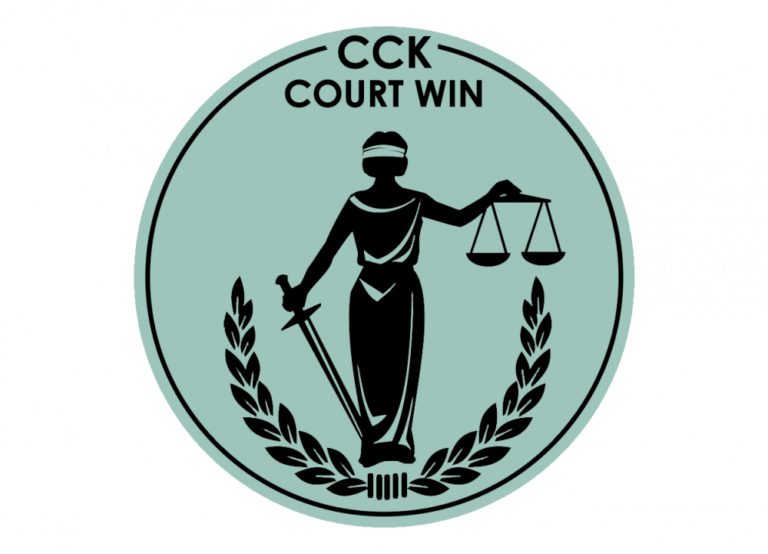Hearing loss denial contained legal error by Board

Summary
The Veteran served on active duty in the Air Force from 1960 to 1968. He was granted service connection for hearing loss in his left ear in 1982 and in his right ear in 2003. By June 2009, the Veteran was receiving a 40% rating for his hearing disability. In May of 2015, the Veteran filed an increased rating claim for his bilateral hearing loss, indicating that his condition had worsened. VA denied his claim and the Veteran appealed to the Board of Veterans’ Appeals, which denied his claim in May of 2016.
Board denied an increased rating for hearing loss
In May of 2016, the Board denied referral for extraschedular consideration. The Board found the Veteran’s disability picture was not so unusual or exceptional to render the Veteran’s 40% evaluation inadequate. It further found that the manifestations of the Veteran’s hearing loss were contemplated by the objective measurements of the rating criteria.
CCK appeals to the Court
CCK successfully appealed to the Court the May 2016 denial of extraschedular referral for the Veteran’s hearing loss. In its decision, the Board failed to adequately address the full functional effects of the Veteran’s hearing loss.
CAVC agrees with CCK’s arguments
CCK argued, and the Court agreed, that the rating criteria for hearing loss did not contemplate all of the Veteran’s symptoms. Specifically, it failed to contemplate the Veteran’s social impairment caused by difficulty communicating. CCK also argued that the Veteran’s ear pain was not contemplated by the rating criteria. The Court agreed that the Board erred when it failed to address all of the functional effects of the Veteran’s disability.
The Court concluded that the Board provided inadequate reasons and bases to support its determination that referral for extraschedular consideration was not warranted. Accordingly, the Court vacated the Board’s decision on this issue and remanded it for further proceedings. The Court instructed the Board to provide a new statement of reasons or bases which clearly explains its determination and adequately discusses the relevant evidence of record.
About the Author
Share this Post
